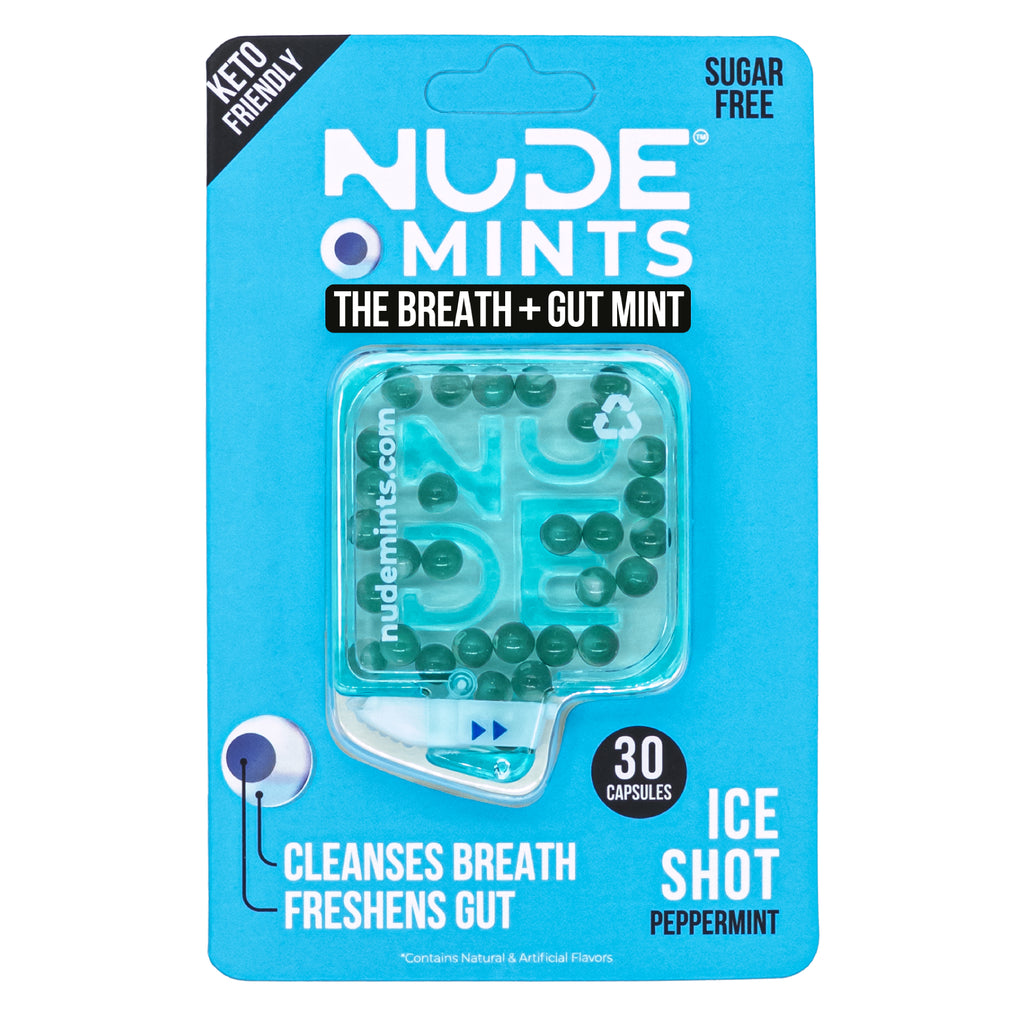How NUDE Mints Helped A Bariatric Surgery Patient with Nausea
-
What Is Bariatric Surgery?
Bariatric surgery, which includes gastric bypass and other weight-loss treatments, involves making adjustments to your digestive system to help you lose weight. When diet and exercise have failed or you have major health concerns as a result of your weight, you may need bariatric surgery. Some treatments restrict the amount of food you can consume. Other methods function by inhibiting the body's capacity to absorb nutrients. Some procedures combine the two.
While bariatric surgery has numerous advantages, all weight-loss surgeries are big operations with significant risks and negative effects. To assist assure the long-term effectiveness of bariatric surgery, you must also adopt lasting healthy dietary adjustments and exercise regularly.How NUDE Mints Helped A Bariatric Surgery Patient with Nausea
Meet Hailee. She got gastric surgery on September 2021. In December 2021, we decided to send her over some NUDE Mints after her surgery. And the unexpected happened.
In the months following surgery, Hailee shares that it was really difficult to gauge how much she could eat and when to stop. Unfortunately, if you don't stop at the right time or if you over eat, nausea can hit you really fast, she shares. Thankfully, NUDE Mints were able to stop her nausea dead on its tracks.
She boasts that NUDE Mints not only helps remove any food tastes in your mouth, but can also help with hiccups, burping, and reflux through the inner layered gut freshener mint. The second layer of mint help remove the funk that can come up after eating, getting in the way of your taste and smell, Hailee says.
And of course, you have little fidget buddy when keeping your NUDE Mints packs with you, sending a nostalgia of your 90s maze ball toys.
Watch the full video here:
Types Bariatric Surgery- BPD/DS for biliopancreatic diversion with duodenal switch.
- Gastric bypass surgery (Roux-en-Y)
- Gastrectomy sleeve
Why Is It Done?
Bariatric surgery is performed to help you lose weight and minimize your chance of developing potentially fatal weight-related health conditions, such as:- Stroke and heart disease
- Blood pressure problems
- NAFLD, also known as nonalcoholic steatohepatitis, is a kind of nonalcoholic fatty liver disease (NASH)
- Apnea during sleep
- Diabetes type 2
- Bariatric surgery is usually performed only after you've tried to reduce weight through diet and exercise.
Who is it for?
Bariatric surgery may be a possibility for you if you meet the following criteria:
If your BMI is 40 or higher, you are overweight (extreme obesity). You have a major weight-related health concern, such as type 2 diabetes, high blood pressure, or severe sleep apnea, and your BMI is 35 to 39.9 (obesity). If your BMI is 30 to 34 and you have substantial weight-related health concerns, you may be eligible for some forms of weight-loss surgery.
Not everyone who is excessively overweight should consider bariatric surgery. To be eligible for weight-loss surgery, you may need to fulfill certain medical requirements. To check if you qualify, you'll probably have to go through a lengthy screening procedure. To live a healthier lifestyle, you must also be ready to make long-term adjustments.
Long-term follow-up plans, which may involve monitoring your diet, lifestyle and behavior, and medical issues, may be required of you. Also, remember that bariatric surgery is costly. To see if your health insurance plan or your local Medicare or Medicaid office supports such procedure, contact them.Side Effects and Risks
Bariatric surgery, like any major treatment, has possible health hazards, both short and long term. The following are some of the risks linked with the surgical procedure:- Extreme bleeding
- Infection
- Anesthesia-related complications
- Clots of blood
- Problems with the lungs or breathing
- Leaks in the gastrointestinal tract
- Death (rare)
The dangers and problems of weight-loss surgery in the long run vary depending on the procedure. They may consist of:
- Irritable bowel syndrome
- Dumping syndrome causes diarrhea, flushing, dizziness, nausea, and vomiting.
- Gallstones
- Hernias
- Low blood sugar levels (hypoglycemia)
- Malnutrition
- Ulcers
- Vomiting
- Reflux of acid
- A second or revision operation or procedure is required.
Expectations on the Procedure
If you are a candidate for bariatric surgery, your doctor will give you information on how to prepare for the procedure. Before surgery, you may need to undergo a variety of lab tests and checkups. You may be limited in what you may eat and drink, as well as which drugs you can use. You may be forced to begin a physical exercise program and quit smoking.
You may also need to plan ahead for your recuperation following surgery. If you anticipate you'll need assistance at home, for example, make arrangements.
Bariatric surgery is performed under general anesthesia in a hospital setting. This indicates that you will be unconscious during the process.
The specifics of your operation are determined by your personal circumstances, the type of weight-loss surgery you choose, and the hospital or doctor's policies. Some weight-loss operations need conventional big or open abdominal incisions.
The majority of bariatric surgeries are now done laparoscopically. A laparoscope is a tiny tube with a camera attached to it. The laparoscope is placed into the belly through tiny incisions. The surgeon can view and operate within your belly without making major incisions thanks to the tiny camera on the tip of the laparoscope. Although laparoscopic surgery can speed up and shorten your recuperation, it is not for everyone.
Typically, surgery takes several hours. You awaken in a recovery room after surgery, where medical personnel keep an eye on you for any issues. You may need to stay in the hospital for a few days depending on your surgery.
Get the freshest news on your favorite mouth cleanser and gut freshener!
Read More
-
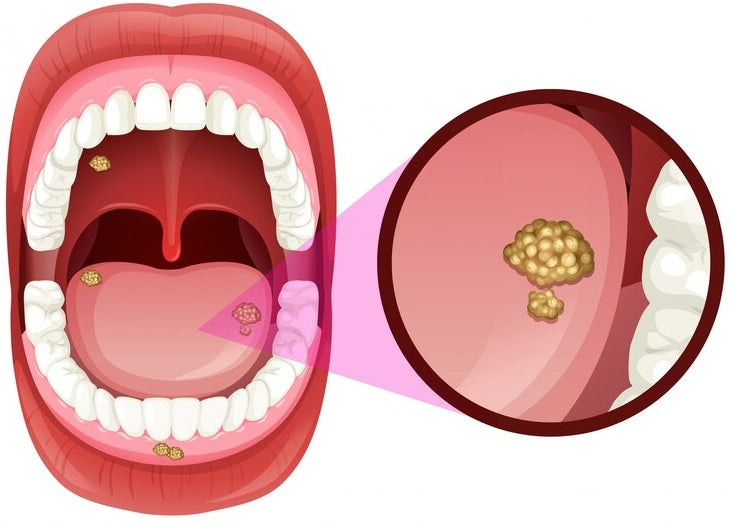
Halitosis: Understanding the Causes, Diagnosis, and Treatment for Fresh Breath
Halitosis, commonly known as bad breath, is a condition that affects a large number of people worldwide. It can be an embarrassing and isolating experience, but it is important to know that it is a common problem and that there are effective treatments available. In this article, we will discuss the causes, diagnosis, and treatment of halitosis. Causes of Halitosis Halitosis can have several causes, both internal and external. The most common causes include poor oral hygiene, dry mouth, certain foods and drinks, smoking, and certain medical conditions. Poor Oral Hygiene Poor oral hygiene is the most common cause of halitosis. When food particles and bacteria build up in the mouth, they can cause an unpleasant odor. Brushing and flossing...
-
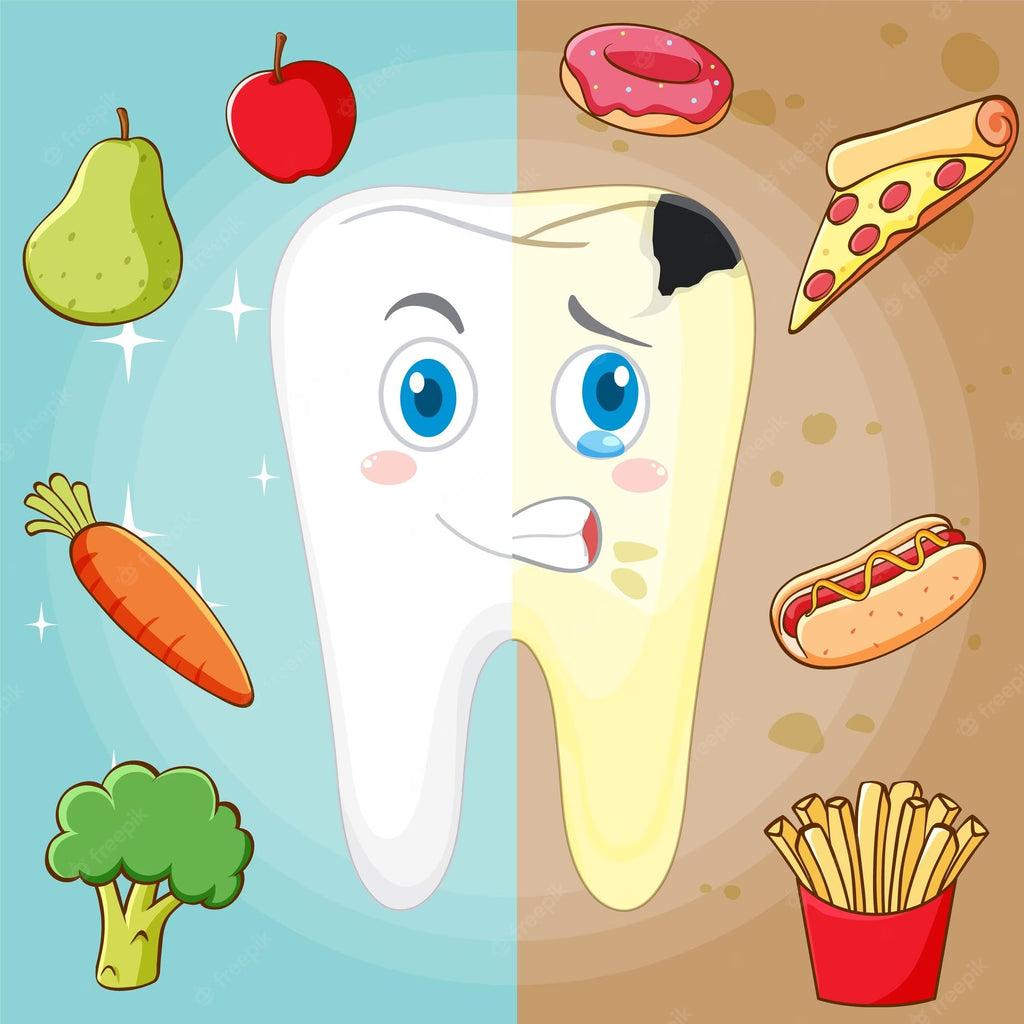
Crucial Connection Between Nutrition and Oral Health: Guide for Better Dental Care
As a dental health professional, we understand the importance of maintaining good oral hygiene to prevent cavities and gum disease. Brushing twice a day and flossing daily are essential habits, but did you know that nutrition also plays a crucial role in keeping your mouth healthy? In this article, we will explore the connection between nutrition and oral health and how you can make better food choices to support your dental health. How Nutrition Affects Oral Health Your diet can impact your oral health in many ways. A diet high in sugary and acidic foods can increase the risk of tooth decay and gum disease. When you eat sugary foods, the bacteria in your mouth feed on the sugar and...
-
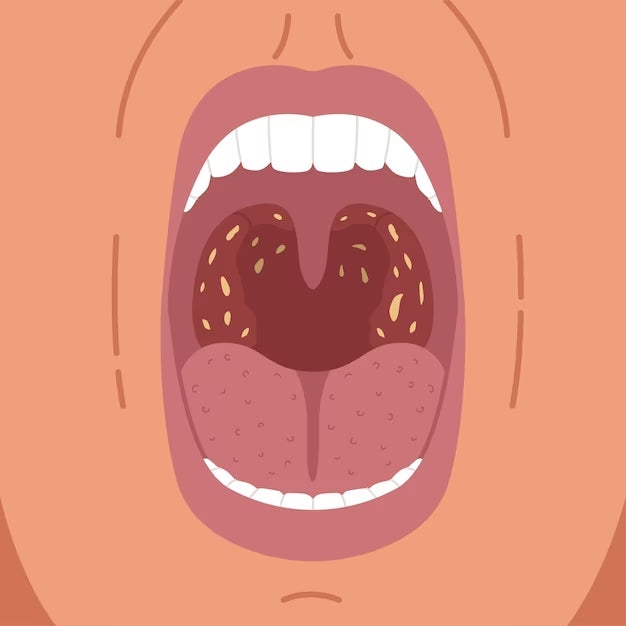
How to Treat Bad Breath Caused by Dry Mouth
Do you ever feel self-conscious about your breath? Do people avoid talking to you because of bad breath? Dry mouth, also known as xerostomia, can cause bad breath and make social interactions uncomfortable. In this article, we will discuss what causes dry mouth, how it leads to bad breath, and what you can do to treat it. Table of Contents What is dry mouth? Causes of dry mouth How dry mouth causes bad breath Signs and symptoms of dry mouth Diagnosis of dry mouth Treating dry mouth Home remedies for dry mouth Professional treatments for dry mouth Tips for maintaining oral hygiene Foods and drinks to avoid with dry mouth Conclusion FAQs What is dry mouth? Dry mouth occurs when...
-
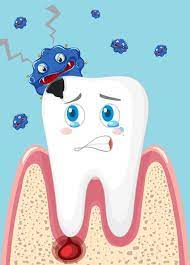
The Relationship Between Diabetes and Gum Disease: Understanding the Link
Diabetes and gum disease are two conditions that may seem unrelated, but research has shown that they are actually closely linked. In fact, individuals with diabetes are more likely to develop gum disease, and those with gum disease are more likely to have difficulty controlling their blood sugar levels. This article will explore the connection between diabetes and gum disease, and provide insights on how you can reduce your risk of developing both. The Relationship Between Diabetes and Gum Disease Diabetes is a condition that affects the body's ability to produce or respond to insulin, a hormone that regulates blood sugar levels. When blood sugar levels are consistently high, it can lead to a range of health complications, including nerve...

